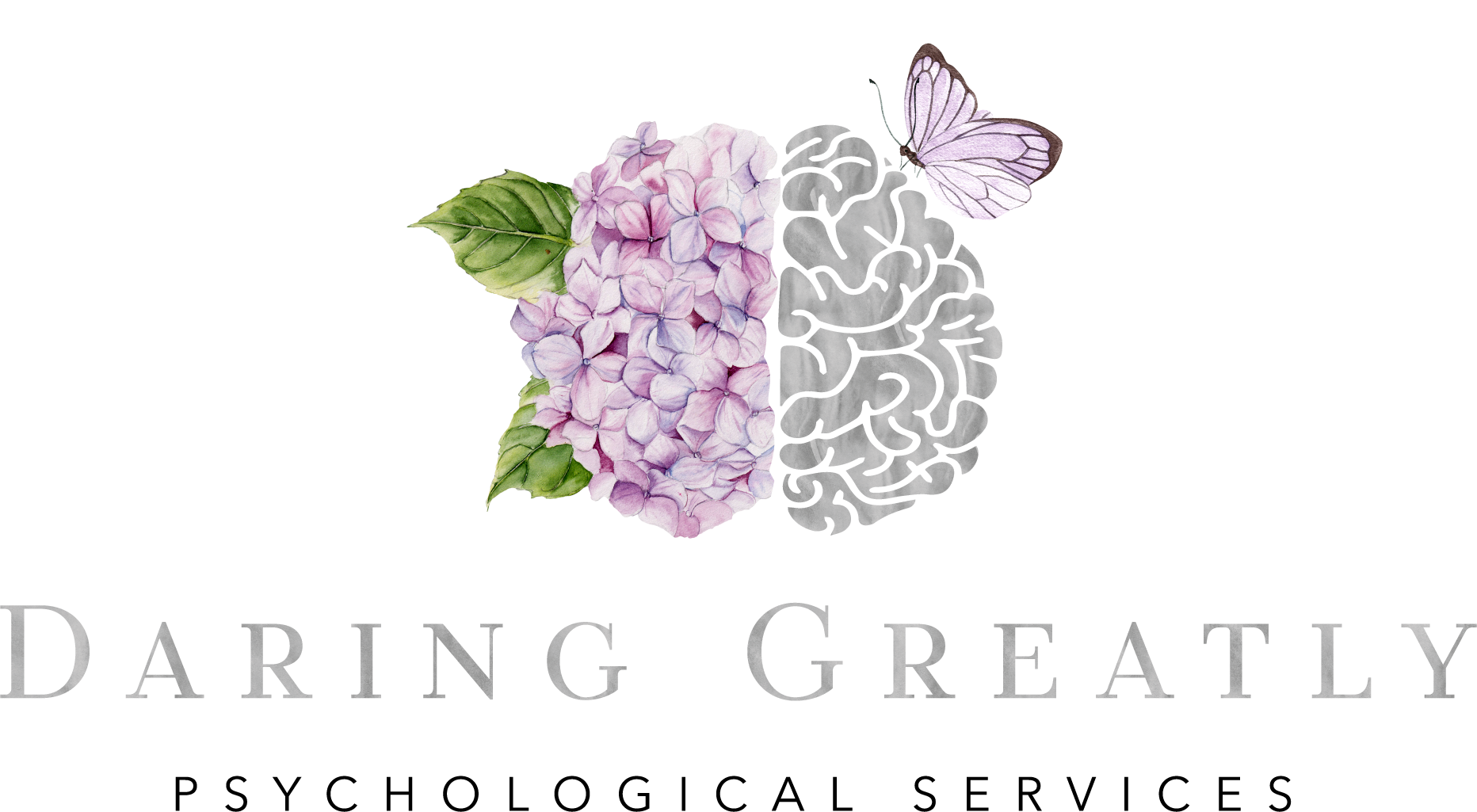Ages Served
Toddlers / Preschoolers (0 to 6)
Children (6 to 10)
Preteens / Tweens (11 to 13)
Adolescents / Teenagers (14 to 19)
Adults
Elders (65+)
therapy for children
Child therapy is psychotherapy focused on the psychological needs of children. Children express emotions differently than adults. It is not uncommon for children to act out emotionally or exhibit mood, sleep, and social disturbances because they are not matured enough to articulate their emotions effectively. Psychotherapy for children takes many forms, depending on the therapist, and the unique needs of the child. Play therapy is a type of children's therapy that uses play to help children articulate and express their emotions and inner thoughts.
Play Therapy
Play therapy is different from typical “play” activities as the therapist is trained to help the child address and work through troublesome feelings or experiences. The use of play-based activities allows for the child to create psychological distance from their problems. By exploring feelings or problems in the safety and structure of the play therapy setting, the child is able to process and create solutions to their problems. Further, the play process allows expression of thoughts and feelings appropriate to the child’s development. Through the play therapy process, the child develops the sense that she/he can safely communicate and express feelings, while learning a variety of ways of coping and relating to others.
Communities served
LGBTQ++ Allied
Body Positivity
Open Relationships Non-Monogamy
Sex Worker Allied
RCMP/Police Service
Veterans
Post Separation/Divorce
individual therapy
Individual psychotherapy is a process through which clients work one-on-one with a Psychologist to explore their feelings, beliefs, or behaviors, work through challenging or influential memories, identify aspects of their lives that they would like to change, better understand themselves and others, set personal goals, and work toward desired change. People seek therapy for a wide variety of reasons, from coping with major life challenges or childhood trauma, to dealing with depression or anxiety, to simply desiring personal growth and greater self-knowledge.
emdr (eye movement desensitization & reprocessing)
EMDR (Eye Movement Desensitization and Reprocessing) is a psychotherapy that enables people to heal from the symptoms and emotional distress that are the result of disturbing life experiences. Repeated studies show that by using EMDR therapy people can experience the benefits of psychotherapy that once took years to make a difference. It is widely assumed that severe emotional pain requires a long time to heal. EMDR therapy shows that the mind can in fact heal from psychological trauma much as the body recovers from physical trauma.
Unlike talk therapy, the insights clients gain in EMDR therapy result not so much from clinician interpretation, but from the client’s own accelerated intellectual and emotional processes. The net effect is that clients conclude EMDR therapy feeling empowered by the very experiences that once debased them.
specialties & special interests
Child or Adolescent
Relationship Issues
Trauma and PTSD
Indigenous Trauma
Alternative Lifestyles
Fertility
Parenting
couples & family therapy
Couples therapy is a type of psychotherapy in which a therapist helps individuals involved in a romantic relationship gain insight into their relationship, resolve conflict and improve relationship satisfaction utilizing a variety of therapeutic interventions. Couples therapy can resolve a current problem, prevent an exacerbation of problems or simply provide a “check-up” for a happy couple that is experiencing a period of transition or increased stress. Common areas of concern addressed in couples therapy include issues with money, parenting, sex, infidelity, in-laws, chronic health issues, infertility, gambling, substance use, emotional distance and frequent conflict.
gottman method
It is an evidence based form of couples therapy that strives to assist couples in achieving a deeper sense of understanding, awareness, empathy, and connectedness within their relationships that ultimately leads to heightened intimacy and interpersonal growth. By combining therapeutic interventions with couples exercises, this type of therapy helps couples identify and address the natural defenses that hinder effective communication and bonding.
Couples who enter into the Gottman Method Couples Therapy begin with an assessment process that then informs the therapeutic framework and intervention.

